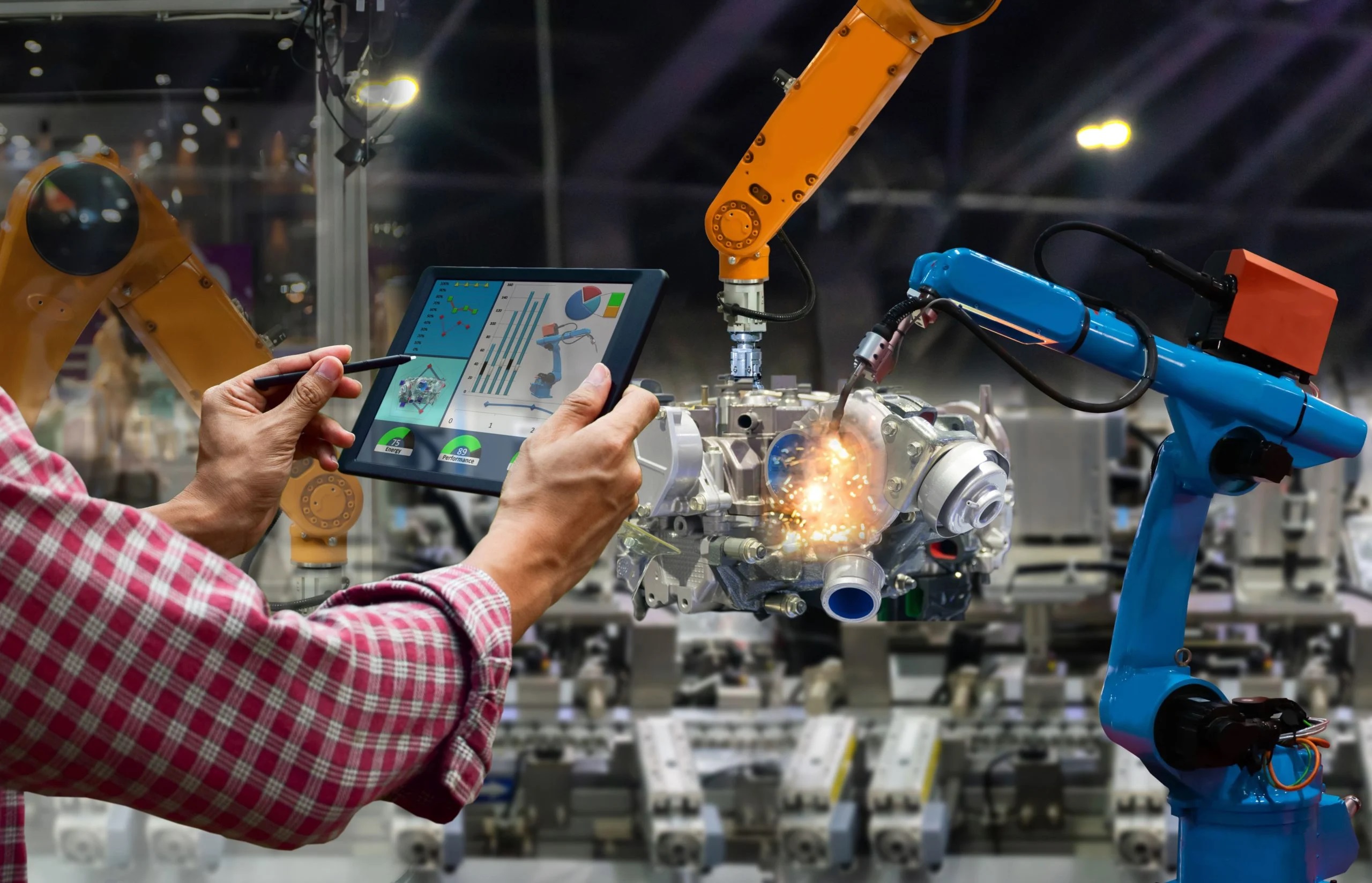How Can Industrial Automation Companies Improve Your Manufacturing Process?
In today's fast-paced industrial landscape, efficiency and productivity are key factors that can make or break a manufacturing business. As technology continues to advance, industrial automation has emerged as a game-changer for companies seeking to streamline their operations and stay ahead of the competition. Industrial automation companies offer a range of solutions designed to optimise manufacturing processes, improve quality, and reduce costs.
In this blog post, we'll explore how partnering with industrial automation companies can benefit your manufacturing process and propel your business to new heights.
Understanding Industrial Automation
Before delving into the ways industrial automation companies can improve your manufacturing process, let's first understand what industrial automation entails. Industrial automation refers to the use of advanced technologies such as robotics, artificial intelligence, and machine learning to automate tasks and processes in the manufacturing environment.
By replacing manual labour with automated systems, industrial automation companies help businesses achieve higher levels of efficiency, precision, and consistency in their operations.
Increased Efficiency and Productivity
One of the primary benefits of implementing industrial automation in manufacturing is the significant increase in efficiency and productivity. Automated systems can perform repetitive tasks at a much faster pace than human workers, leading to higher output rates and shorter production cycles.
By automating time-consuming processes such as assembly, packaging, and material handling, industrial automation companies enable manufacturers to ramp up production while maintaining consistent quality standards.
Improved Quality Control
Quality control is a critical aspect of manufacturing, and industrial automation plays a vital role in ensuring product quality and consistency. Automated systems are equipped with sensors, cameras, and other advanced technologies that can detect defects, deviations, and anomalies in real-time.
By continuously monitoring the production process and performing quality checks at every stage, industrial automation companies help manufacturers identify and rectify issues before they escalate, resulting in higher-quality products and fewer defects.
Cost Reduction
While the initial investment in industrial automation may seem daunting, the long-term cost savings can be substantial. By reducing the need for manual labour, minimising material waste, and optimising energy consumption, industrial automation companies help manufacturers lower their overall production costs.
Additionally, automation leads to fewer errors and rework, resulting in lower scrap rates and higher yield rates, further contributing to cost reduction and improved profitability.

Flexibility and Adaptability
In today's dynamic marketplace, manufacturers must be able to adapt quickly to changing customer demands, market trends, and production requirements. Industrial automation offers unparalleled flexibility and adaptability, allowing manufacturers to reconfigure production lines, change product specifications, and scale operations with ease.
With modular, programmable automation systems, industrial automation companies empower manufacturers to respond swiftly to market dynamics and stay competitive in a rapidly evolving landscape.
Enhanced Workplace Safety
Safety is paramount in the manufacturing environment, and industrial automation companies prioritise the safety of workers by automating hazardous or physically demanding tasks. By replacing manual labour with automated systems, manufacturers can reduce the risk of workplace injuries and create a safer work environment for their employees.
Additionally, automation minimises exposure to harmful substances, ergonomic strain, and repetitive motion injuries, further enhancing workplace safety and employee well-being.
Data-driven Decision Making
Industrial automation generates vast amounts of data that can provide valuable insights into the manufacturing process. By collecting and analysing data in real-time, industrial automation companies help manufacturers identify trends, patterns, and inefficiencies, enabling data-driven decision-making and continuous process improvement.
From optimising production schedules to predicting equipment maintenance needs, data analytics empower manufacturers to optimise performance, minimise downtime, and maximise profitability.
Scalability and Growth Opportunities
As your manufacturing business grows, industrial automation can scale alongside your operations, providing the scalability needed to meet increasing demand and expand into new markets. Industrial automation companies offer modular, customisable solutions that can be easily integrated into existing production lines or scaled up to accommodate higher volumes.
By investing in automation, manufacturers position themselves for long-term growth and success in an ever-evolving industry landscape.
Conclusion
In conclusion, Temperature Calibration play a pivotal role in driving innovation, efficiency, and competitiveness in the manufacturing sector. By leveraging advanced technologies and automation solutions, these companies help manufacturers streamline their operations, improve quality, reduce costs, and stay ahead of the curve.
Whether you're looking to increase efficiency, enhance quality control, or achieve greater flexibility in your manufacturing process, partnering with an industrial automation company can unlock a world of opportunities for your business. Embrace the power of automation and take your manufacturing process to new heights!

Comments
Post a Comment